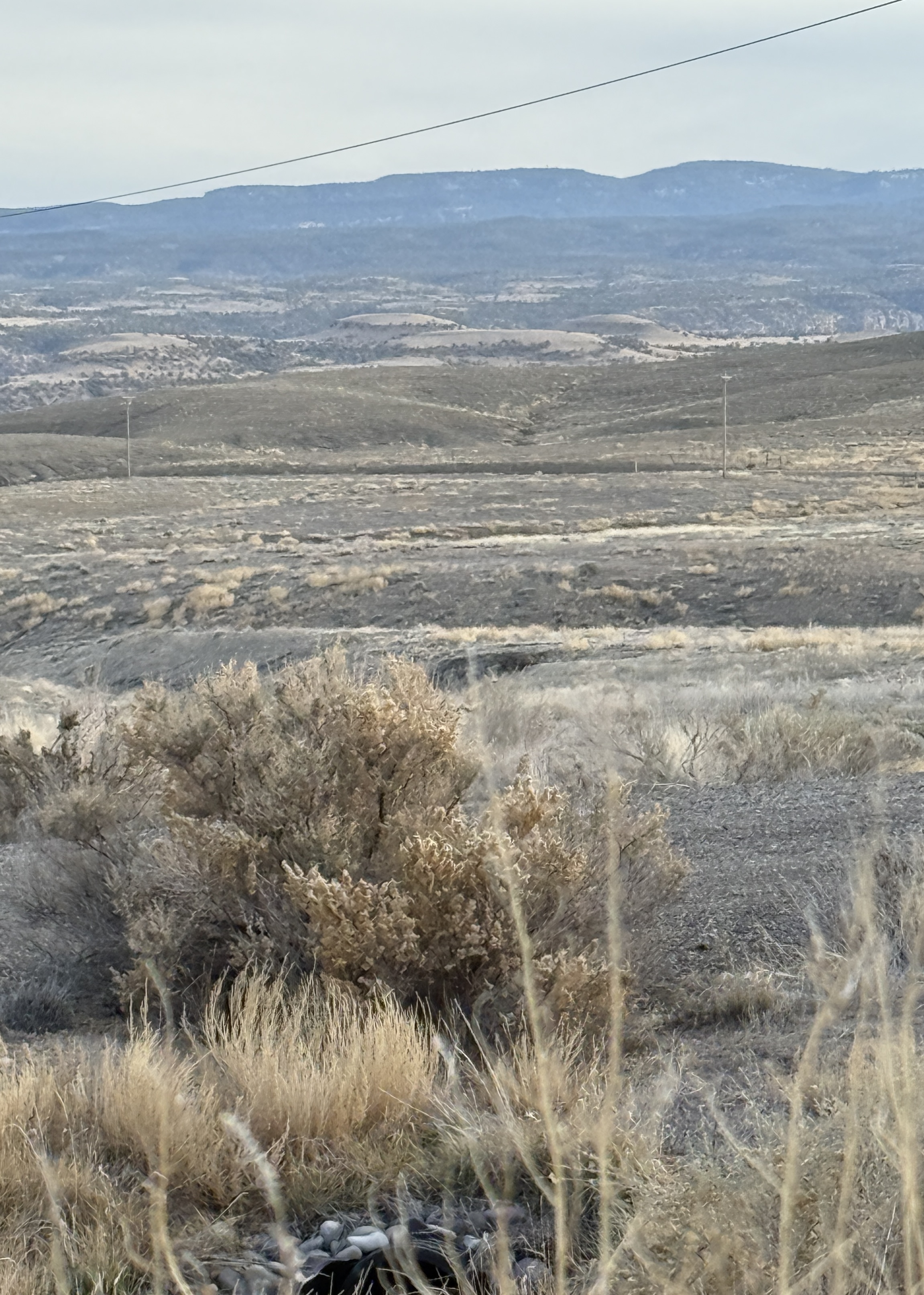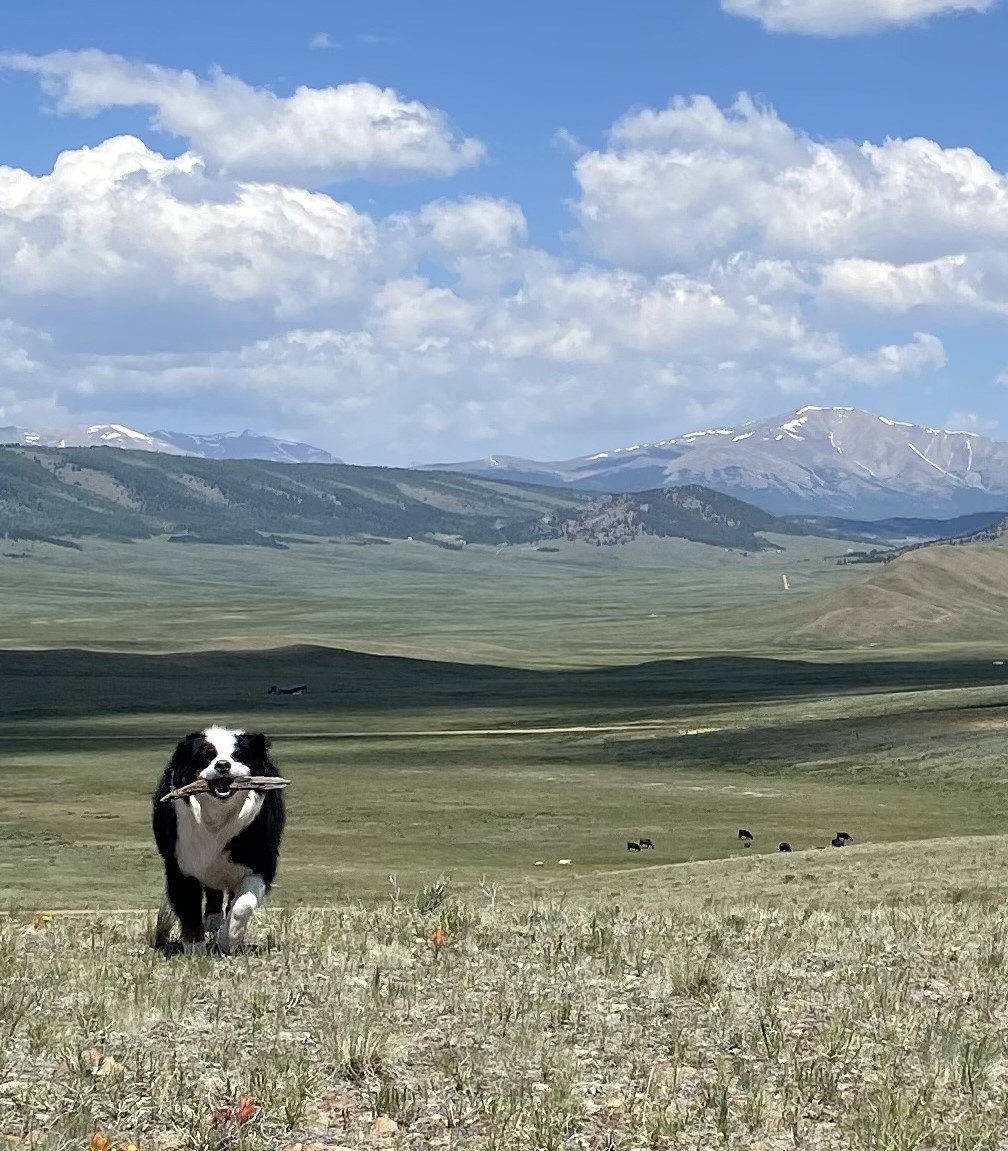The Forensic Investigation Research Station (FIRS)
The FIRS focuses on education, training, and research in anthropology, forensic science, biology, entomology and criminal justice. Two FIRS facilities, situated in unique Colorado environments, make this possible.
FIRS
The Forensic Investigation Research Station is a closed research facility located seven miles from Colorado Mesa University's main campus in Grand Junction, Colorado. The distance from Grand Junction allows us to perform our unique research within a remote, secure setting. Proximity to the campus allows students to train in data collection, laboratory procedure, and participate in original research.
The FIRS opened in 2012 as the first facility to study human decomposition in a high-elevation arid environment. The first human donor was placed in 2013. Since then, over 150 bodies have been donated and added to research cohorts. An additional 345 living donors have made the FIRS facility their end of life plans. The facility is a resource for students, researchers, law enforcement, and coroners to study the unique properties of human decomposition in an arid environment.
The FIRS laboratory is of equal importance to the outdoor facility as it supports processing of human remains, the study of human osteology, forensic anthropology casework, and curation of the FIRS osteology collection. The building houses a large autopsy suite modified for maceration, a three-person morgue cooler, and a secure, controlled access forensic osteology suite. The teaching lab is fitted with microscopes for osteological and entomological analysis, osteometric equipment, educational skeletal casts, and the FIRS Donated Human Skeletal Collection.
FIRS - The Back 40 (TB40)
After a decade of casework and shared appreciation for the unique circumstances surrounding high altitude death scenes, Park County Coroner David Kintz and Forensic Anthropologist and FIRS Director Dr. Christiane Baigent began controlled study of human decomposition at FIRS TB40. With the help of Park County Commissioners and others, Park County donated a forty acre plot to Colorado Mesa University for the purpose of high-altitude decomposition research. At 9600 ft AMSL, FIRS TB40 is the highest elevation human decomposition research facility in the world. The partnership between the Park County Coroner's Office and Colorado Mesa University at TB40 represents a true, mutually beneficial research / practitioner relationship.
The FIRS Donated Human Skeletal Collection
The FIRS Donated Human Skeletal Collection was established in 2015 as donors began to be removed from the outdoor facility and matriculated into the curated osteology collection. The skeletal collection is used for teaching, training, and original research performed by students, staff, and visiting researchers.
Many of our Donors are from the Grand Valley. The pathology, trauma, and secular change observed within their skeletons reflects the ways in which local culture and behavior (such as agricultural subsistence) impact skeletal response to the environment.


